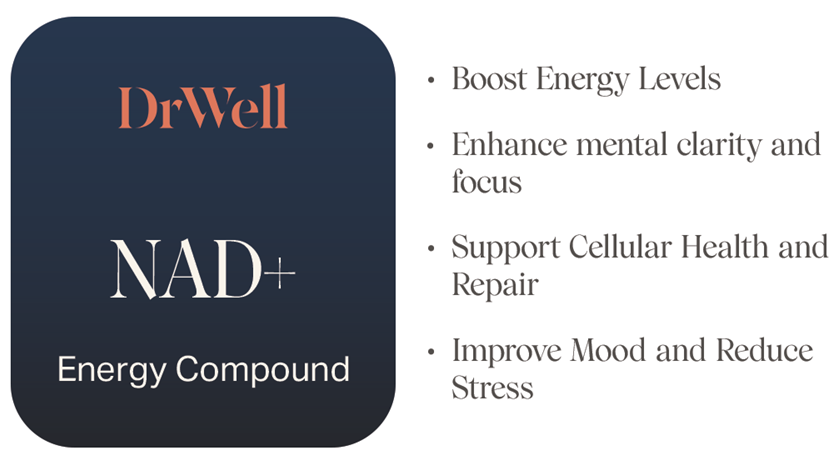
One of the more frustrating aspects of running a medical practice is the constant calls and emails asking about the cost of procedures. This annoys doctors because it makes them feel that their training and expertise accounts for nothing. As though, all that really matters is “how much is this gonna cost me?!” But doctors also need to recognize that just because someone asks about price doesn’t necessarily make them a price shopper.
Two types of price shoppers
When people ask about price, there are those simply calling each office trying to find the cheapest doctor with no regard to quality or certification. Those are the patients doctors supposedly don’t want.
The other type is the person who has a genuine curiosity about price. Just like they wouldn’t go to an open house without knowing the cost of the home, or wouldn’t go to the dealership without knowing the cost of a car, they don’t want to waste their time on a consult if they can’t afford it. This of course, is very reasonable.
But sometimes doctors send mixed messages.
But do doctors really dislike price shoppers?
On the one hand, doctors say they don’t want price shoppers for the reasons stated above. This is also why they don’t list pricing on their website because then it looks like they’re trying to compete on price or indulge the patient by saying, “here’s the cost, that’s all that matters!”
But these same doctors that say they don’t like price shoppers also routinely run specials and other discounted promotions (ie $10 per unit BOO-tox for Halloween, Labor Day specials etc). Well, who do you think is showing up for those discounted treatments? In other words, if you don’t like price shoppers, why are you encouraging their behavior?! If your goal is to weed out price shoppers from your practice, then why weed in price shoppers with specials?
The reason is, doctors need patients. And during traditionally slow parts of the year, doctors have to find a way to bring patients in, so they run specials. Yes, this will result in bringing in some price shoppers. So while a doctor can’t eliminate price shoppers from their practice, they can do a better job differentiating between the price shopper they like vs the price shopper they don’t like.
Automation is key
With so many calls and inquiries about pricing, doctors and their front office staff need to be more efficient in separating out the two different types of price shoppers. The question is how. Automation is synonymous with efficiency.
When a consumer checks pricing through my website , they’ll find I have a Price Estimator. But what’s unique about my Price Estimator is that the consumer can’t see pricing until they choose procedures of interest and enter their contact info. Once they take these very simple steps, automation kicks in. They automatically receive an estimate for the procedure they’re interested in and my front office staff automatically receives the consumer’s contact info.
Therefore, through an automated process, we have combined price transparency with lead generation. When we follow up these leads, the patient can do one of two things. Book a consult or not. If they’re serious and come in for a consult, these price-aware patient are 41% more likely to book a procedure according to this study in a peer reviewed journal.
By using pricing as a “carrot” to get consumers into your sales funnel, the practice can build a huge patient database for future remarketing via email campaigns. Even if the patient doesn’t come in immediately, they may eventually come in after enough “touch points.”
The bottom line is that discussing pricing on your website shouldn’t be seen as a strategy that involves competing on price. Don’t compete on price. Be one of the few doctors that offers pricing information in an otherwise price-opaque healthcare environment. By giving patients what they want (pricing info), you’ll be competing on customer service, not price.
If you think you could use a Price Estimator on our website to weed out price shoppers, click here.



